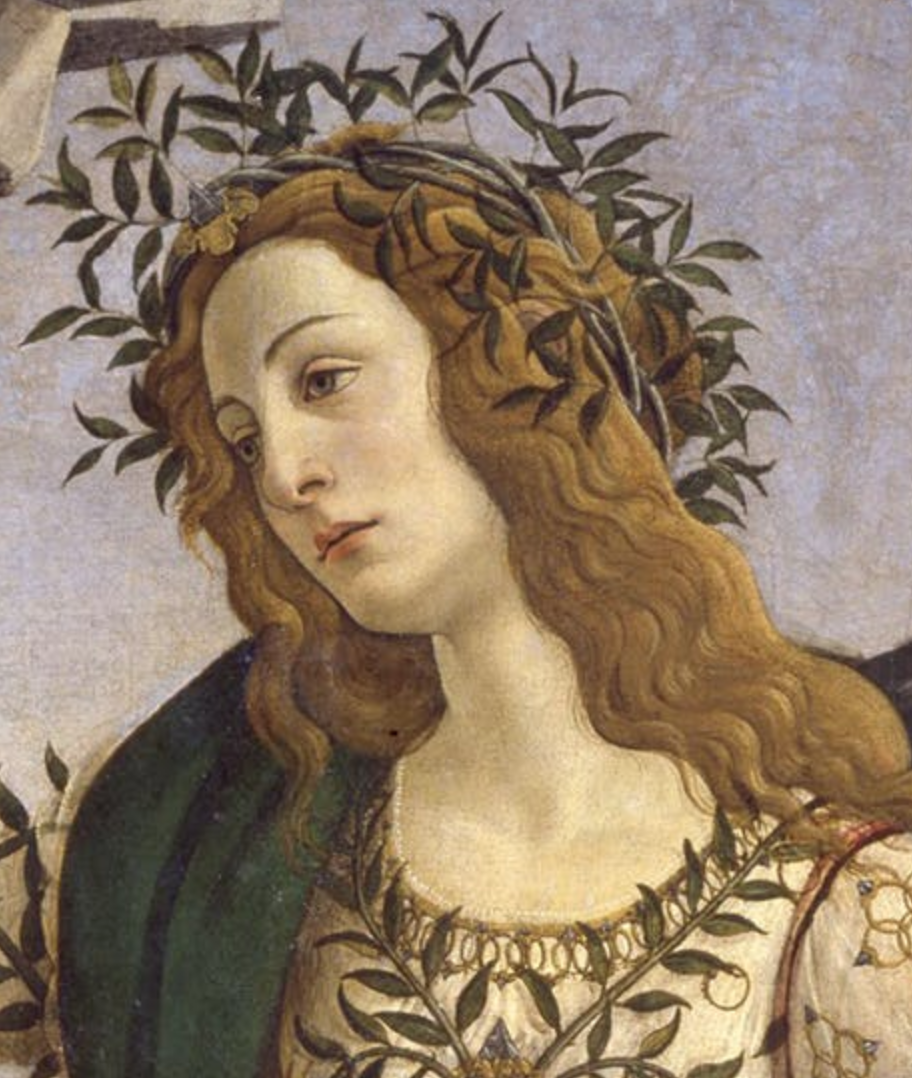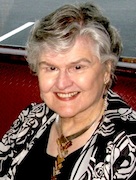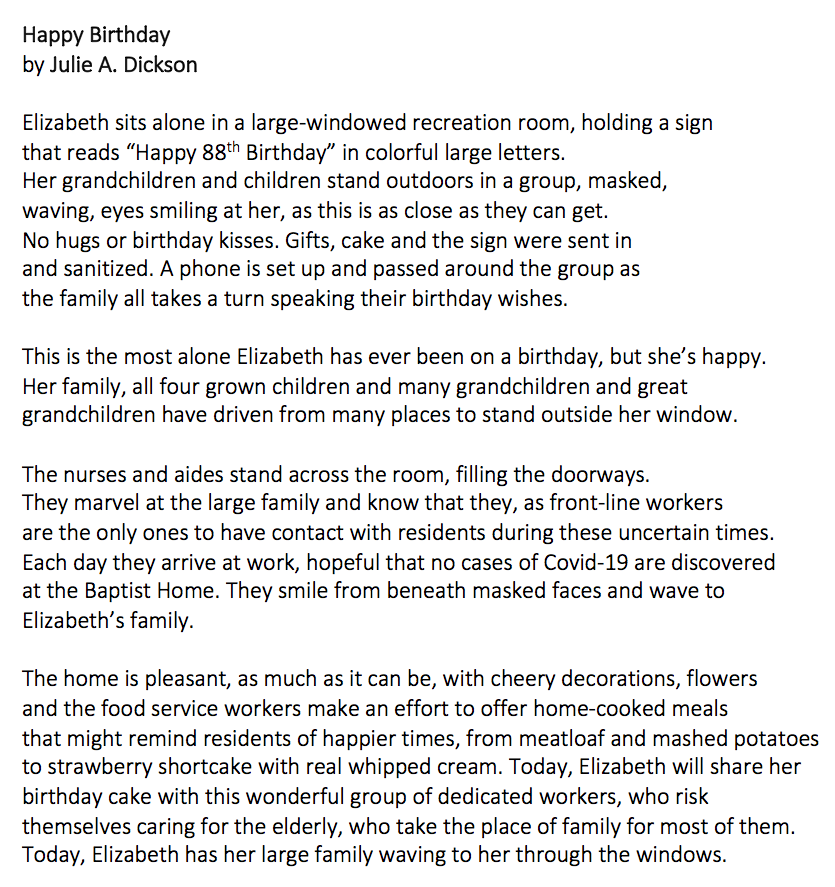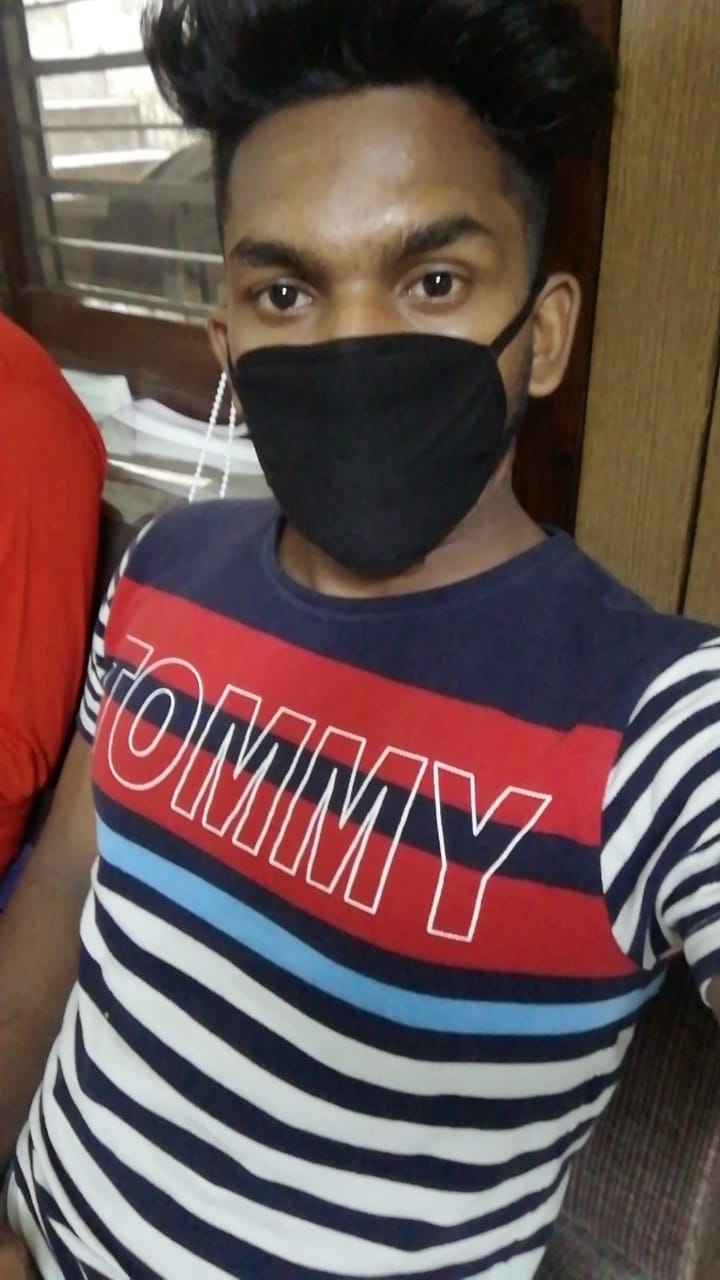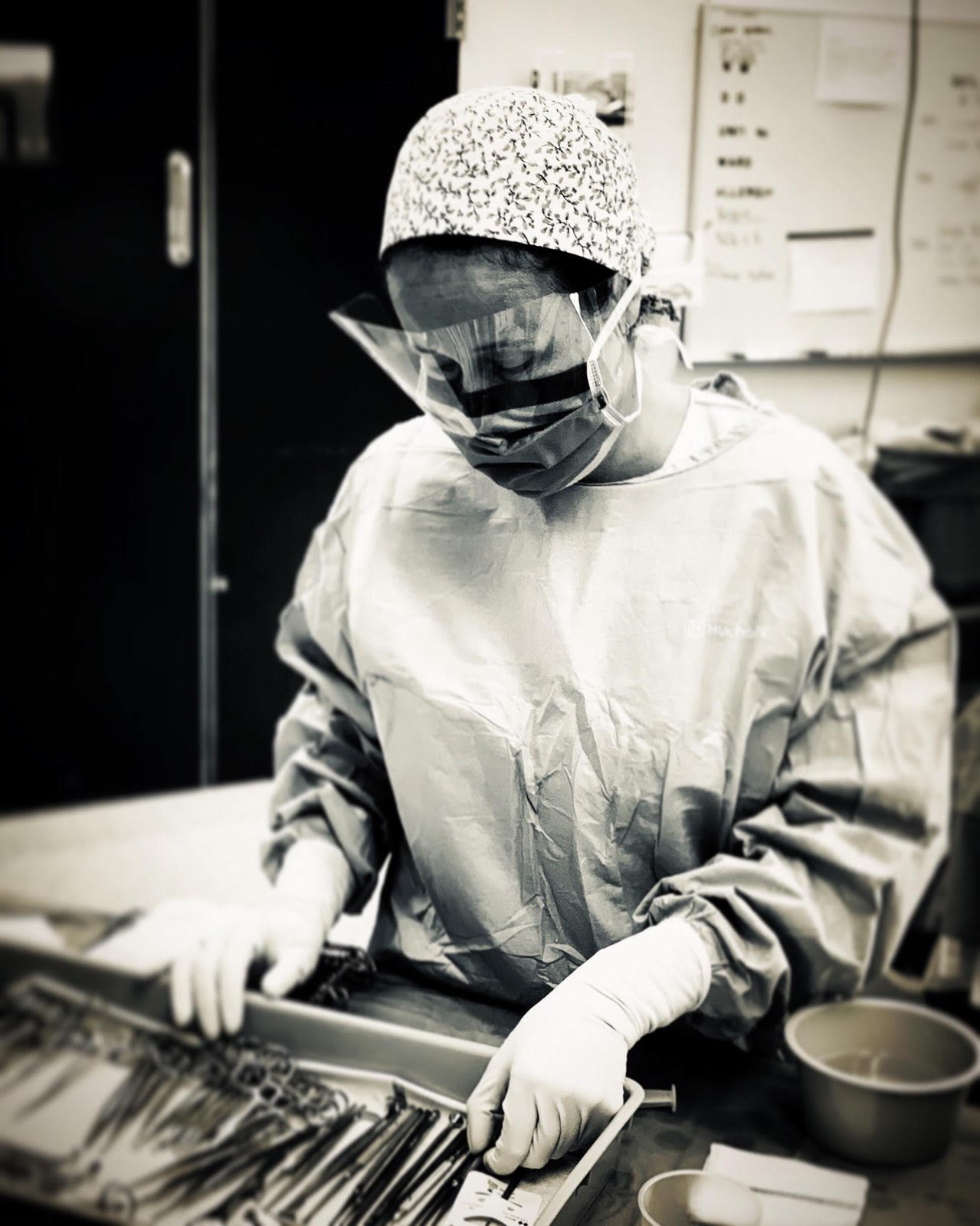
I Am Still Waiting for My Heart to Catch Up
by Cristina M.R. Norcross
After celebrating our youngest son’s
15th year on this earth,
I am still waiting for my heart
to catch up with the hurried footsteps
of time.
I am still waiting for my arms to realize
that my sons don’t need me to lift them
into a car seat anymore.
Our oldest can now drive
the car himself.
My prayerful thoughts
can still guide them,
willing them to arrive safely in our driveway.
My steadfast words
of faith in their gifts can uphold them,
like scaffolding offering support
at vital pressure points,
or the red training wheels from bikes
now gathering dust in the garage.
I am still waiting for my invisible shield
to go unnoticed,
but this will never be.
They see the candle of concern in my eyes.
They notice the way my attention hovers,
the laser-like focus of my mother brain,
as I listen to their needs
and remember those they never even thought of.
The time of stepping on Legos and wiping
tomato sauce from chins has ended,
but the tiny hands
that once held my finger in sleep
will know that reaching out
always results in finding me.
Like music from another room that lingers
and dances me into the next chapter,
I am still waiting for my heart
to catch up with time.
So I keep looking down at my watch,
then up at the sky,
where the robin’s egg blue of tomorrow
promises to cradle my sons’ hopes,
even when I can’t be there
to open the door.
PAINTING: Motherhood by Pablo Picasso (1901).

NOTE FROM THE AUTHOR: The blink of an eye that was 2020 caused time to race like a swift runner. Try not to close your eyes, I thought. You just might think we skipped a year and leapt into the next one. Time passes quickly enough for parents, while watching their children grow up. Our lives become busy, spinning wheels of school, activities, and chores. The pandemic caused time to both stand still and flow rapidly, like a river. Our teenaged sons grew by leaps and bounds this year, while we were looking out the window at the world, with longing. I hope that we can all slow down and take a breath. I am still waiting for my heart to catch up with time’s arrow.
PHOTO: The author’s sons in younger years.

ABOUT THE AUTHOR:
Cristina M. R. Norcross is the author of eight poetry collections, and is the founding editor of Blue Heron Review (2013-2021). Her most recent book is Beauty in the Broken Places (Kelsay Books, 2019). Her forthcoming poetry collection, The Sound of a Collective Pulse, is due to be published by Kelsay Books in Fall 2021. Cristina’s poems have been published in Visual Verse, Your Daily Poem, Poetry Hall, Right Hand Pointing, Verse-Virtual, The Ekphrastic Review, and Pirene’s Fountain, among others. Her work also appears in numerous print anthologies. She has helped organize community art and poetry projects, has led workshops, and has also hosted many open mic readings. She is the co-founder of Random Acts of Poetry and Art Day. Visit her at cristinanorcross.com.












